Privacy and confidentiality
Privacy is a crucial element of our personal security, enabling free speech and democratic participation. The absolute and fundamental human right to privacy guarantees people respect for their private life and freedom from snooping and unlawful interference. It gives everyone the freedom to be themselves, to express and develop their opinions and ideas with dignity, and to practice their religion, as well as giving journalists and civil society the ability to report on violations of rights by states or businesses. Without sufficient privacy, people’s private interactions are exposed, which can be used to target or discriminate against them.
Filter resources
-
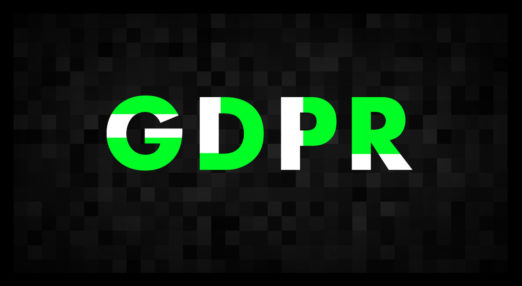
GDPRexplained Campaign: the new regulation is here to protect our rights
Our GDPR Explained campaign aims at educating individuals and organisations about the new rights granted to us and the changes to be made when dealing with personal data. We have put together answers to many important questions we have received and built a FAQ for anyone to access.
Read more
-

BBA Germany 2018: Spying on employees, refugees, citizens…
The annual German Big Brother Awards gala was held by EDRi member Digitalcourage in Bielefeld on 20 April 2018.
Read more
-

Bavarians protest against vastly extended police powers
A large anti-surveillance rally took place in Munich on 10 May 2018. 30 000 protesters showed their dismay about the Bavarian plans to reform the law on the tasks of the state’s police. Even the organisers were surprised by the scale of the demonstration – they had expected fewer than 10 000 people.
Read more
-

Big Brother Awards – tips and materials for organisers
In October 2018, we will celebrate 20th anniversary of the first Big Brother Awards (BBA) event in UK.
Read more
-
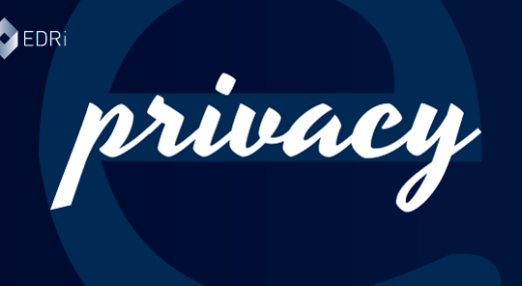
EU Member States fight to retain data retention in place despite CJEU rulings
EU Member States are still working to adopt their position on the ePrivacy Regulation proposed by the European Commission in January 2017. A number of draft compromise texts have been published by the Council Presidency before discussions in the Working Party on Telecommunications and Information Society (WP TELE).
Read more
-
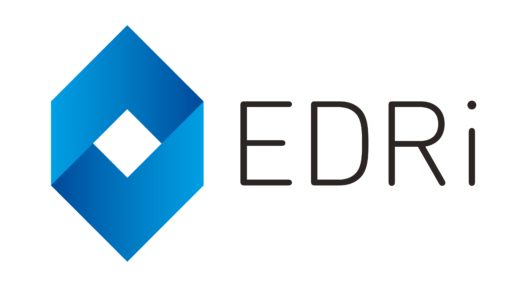
ePrivacy: Civil society letter calls to ensure privacy and reject data retention
On 23 April 2017, EDRi, together with other civil society organisations, sent a follow up to our previous open letter to the permanent representations of EU Member States in Brussels. The letter highlighted the importance of the ongoing reform of Europe’s ePrivacy legislation for strengthening individuals’ rights to privacy and freedom of expression and for rebuilding […]
Read more
-
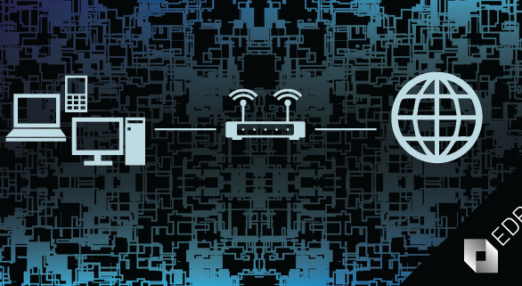
Hermes Center demands investigation of NAT-related data retention
On 27 March 2018, EDRi member Hermes Center for Transparency and Digital Human Rights filed a request with the Italian Data Protection Authority (DPA) to investigate on the widespread practice of logging Network Address Translations (NAT) by most of the telecommunication operators.
Read more
-

Fighting for migrants’ data protection rights in the UK
Since 2014, the United Kingdon (UK) government has steadily rolled out policies to make the country a “hostile environment” for migrants, in the words of Prime Minister Theresa May.
Read more
-

Digitale Gesellschaft: Fighting for digitals rights in Germany
Our German member Digitale Gesellschaft was founded in 2010. The organisation's main goals are digital rights advocacy and effective campaigns. In this blogpost we present their work to defend digital rights in Germany.
Read more
-
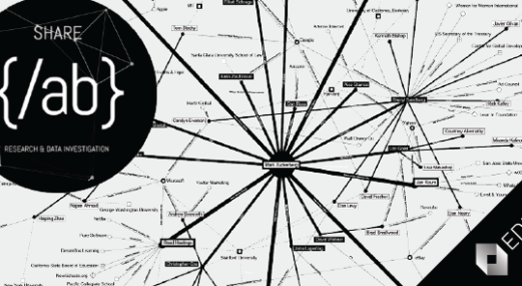
SHARE Foundation: Sharing Serbian successes
In this blogpost published on the occasion of the 15th anniversary of EDRi we present our member SHARE Foundation. SHARE Foundation is a Serbian non-profit organisation founded in 2012, with the goal to fight for the public interest in every critical battle affecting digital rights.
Read more
-

AptiRo, EFN & Alternatif Bilisim: Digital rights around Europe
In this blogpost published on the occasion of the 15th anniversary of EDRi we present our members AptiRO (Romania), EFN (Norway) and Alternatif Bilism (Turkey)
Read more
-
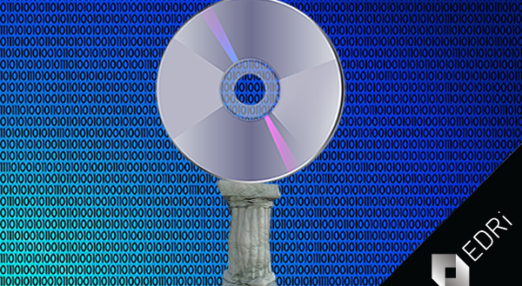
IT Pol: Activism made it to the museum
In 2005, Danish EDRi member IT-Political Association of Denmark (IT-Pol) successfully advocated for a resolution (B-103) for open standards in IT systems used by the government, which the Parliament adopted unanimously.
Read more
